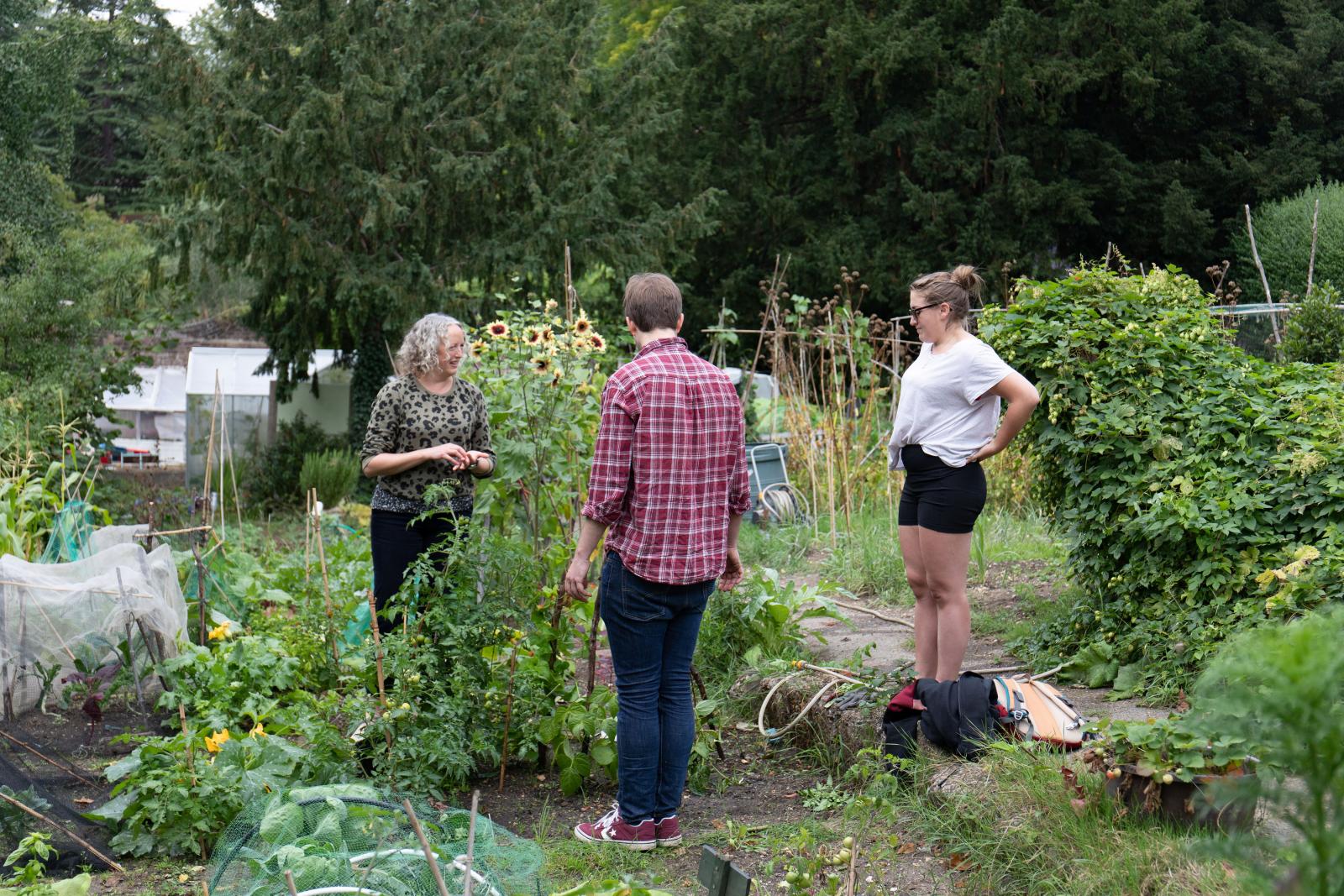New research finds urban allotments could be as productive as farms
A two-year pilot study in Brighton and Hove by the University of Sussex shows the value of urban food production.

The project analysed "citizen scientists" growing fruit and veg in allotments, gardens, balconies and found that these urban growers were able to harvest 1kg of insect-pollinated fruit and vegetables per sq metre in a season. These yields are comparable to conventional farms.
As well as the impressive yields, the urban growers recorded more than 2,000 pollinating insects among their crops, making their growing spaces much more biodiverse than conventional farms.
The study demonstrates the value of urban food production for both increasing the food supply within the urban areas, but also its role to help regenerate our declining pollinating insect population.
Dr Beth Nicholls, who led the study,
“In a world of increasing urbanisation in both the developing and developed worlds, producing food in and around cities has the potential to improve both nutritional and health outcomes, alleviate poverty and simultaneously provide habitat for wildlife and create sustainable cities.”
Ren Piercey, Good to Grow, said
"During the height of the pandemic, community food growers already showed they were able to play a meaningful part in meeting the food supply demand in their local areas. It's great to see this kind of research being undertaken as it validates the plethora of benefits community food growing brings to an area, including increasing access to nutritious food, boosting biodiversity and creating community cohesion."
The results of the research back the work of thousands of food growing spaces registered in our Good to Grow platform. Many of these gardens are using the Harvest-ometer, a free online tool that helps growers keep track of how much food they grow and how much money they save. Our report, building on Harvest-ometer data, found that London's community food growers could be growing as much as £1.4 million worth of food over the course of a year.
15/12/2021


